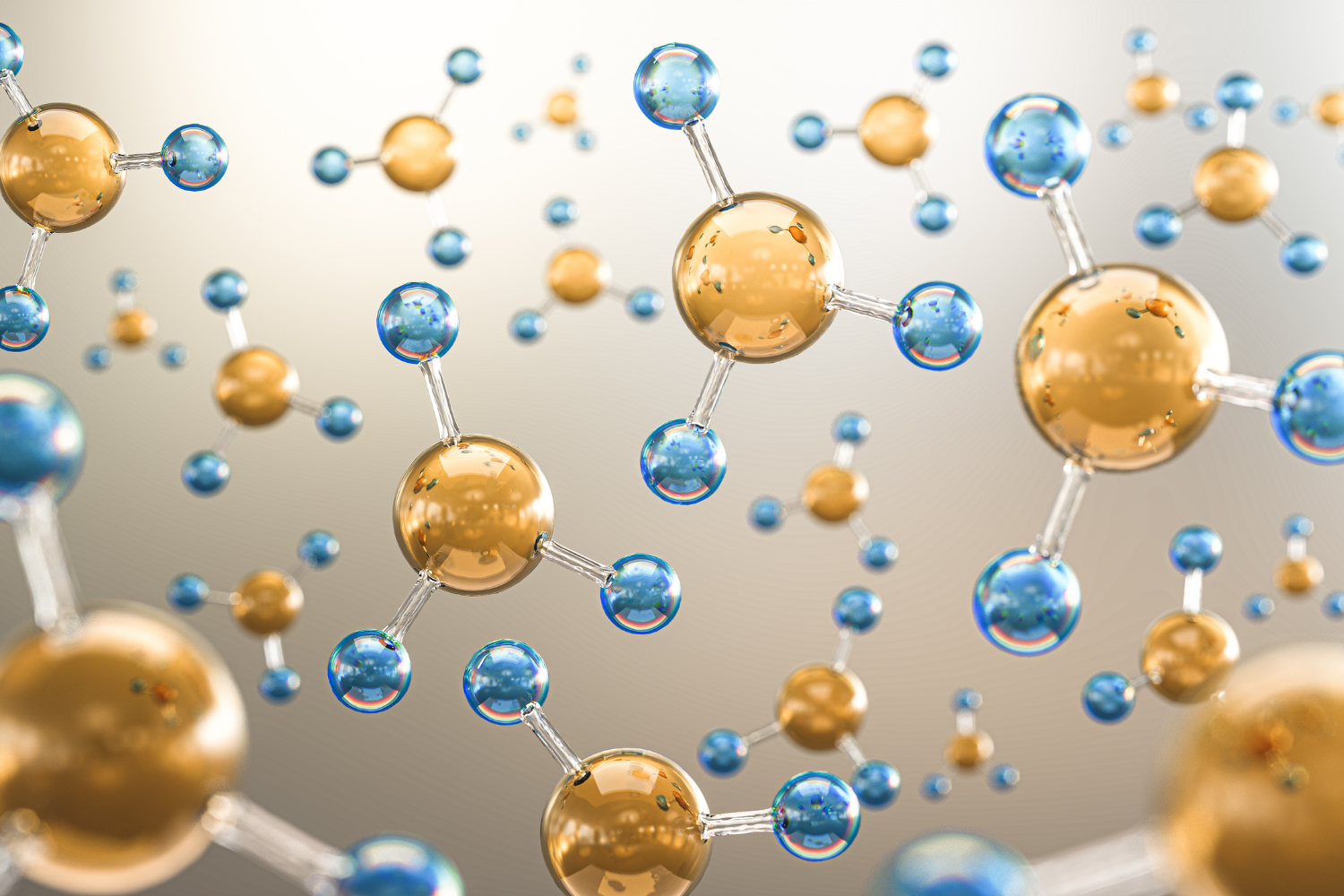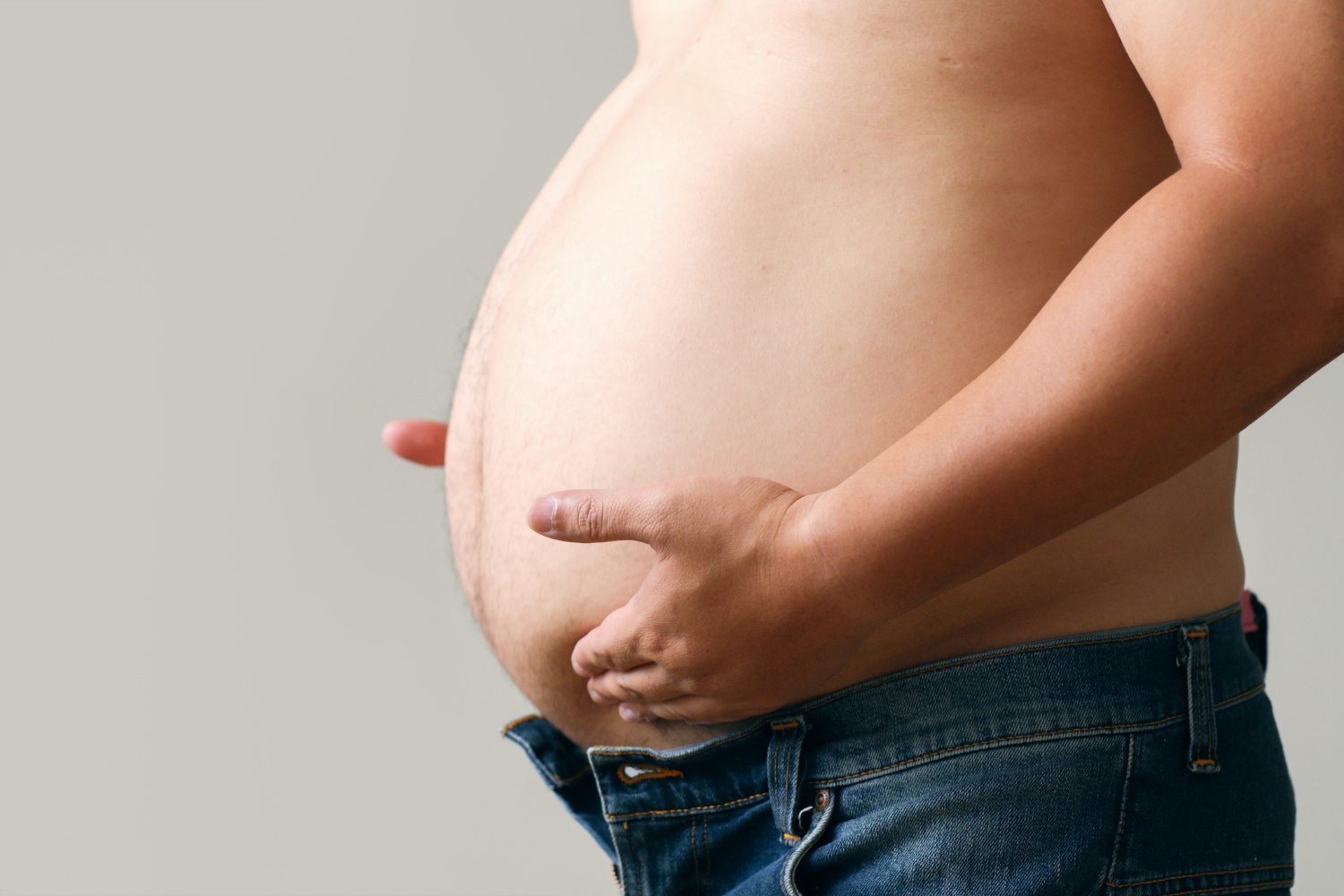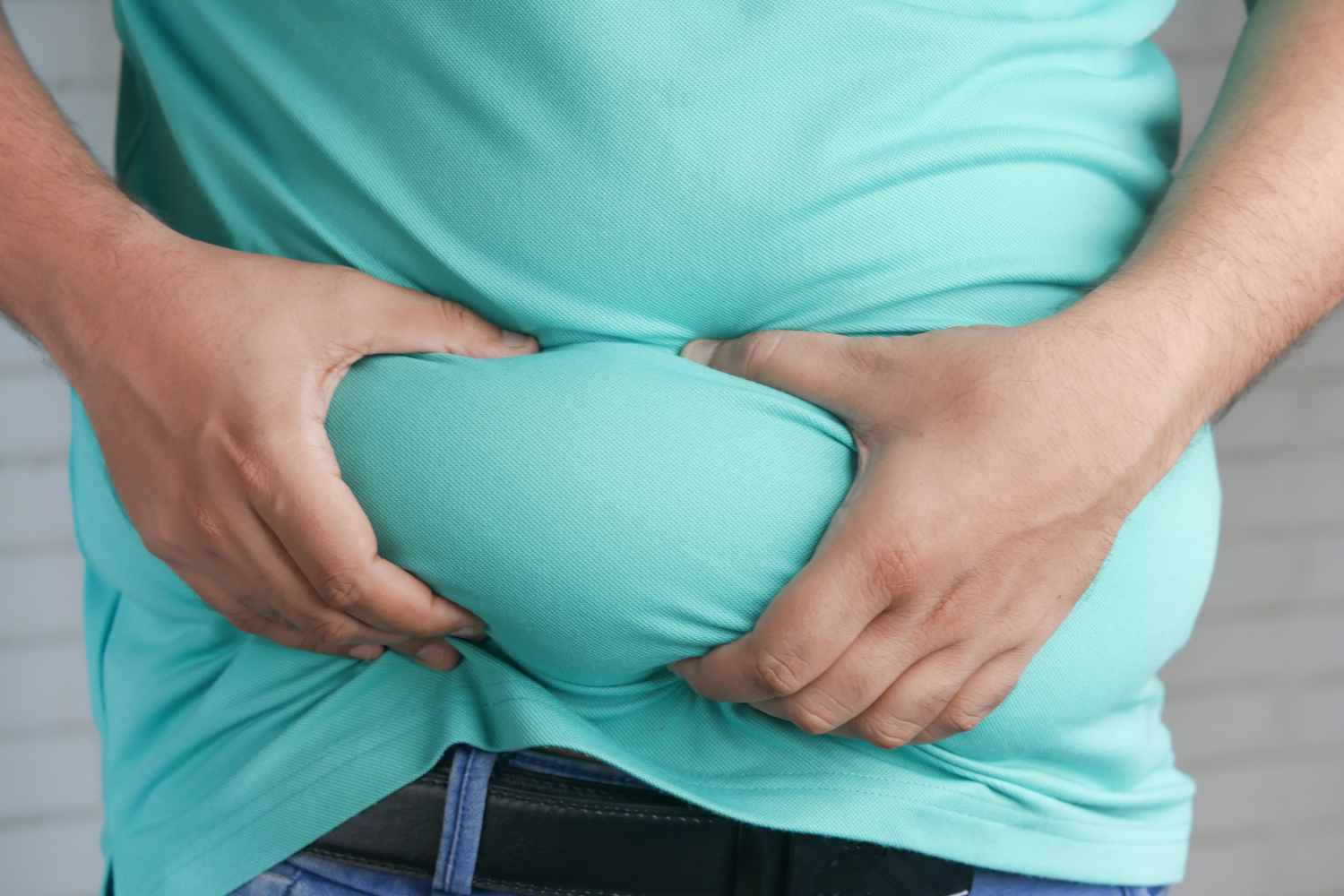People often ask if drinking alcohol slows the body’s ability to burn energy, especially when they notice sluggish energy, weight changes, or trouble with healthy digestion. Alcohol intake adds extra calories and can change how the body metabolizes food and fat, raising concerns about its effect on weight loss and overall health.
This article looks at how alcohol consumption interacts with metabolic processes, the common signs to watch for, and the broader effects alcohol has on energy use in the body. It is intended for informational purposes only and should not be considered medical advice.
What Does It Mean if Alcohol Lowers Metabolism?
Metabolism is the process that turns food into energy, fuels muscle activity, and supports fat burning. When someone consumes alcohol, the body treats it as a foreign substance and uses alcohol dehydrogenase to break it down first.
This means alcohol gets metabolized before other nutrients like carbs, protein, or fat. As a result, the fat-burning process and other metabolic pathways pause until the alcohol is cleared, which can temporarily slow how the body uses stored energy and may negatively affect healthy digestion and nutrient absorption.

Signs Your Metabolism Might Be Slower After Drinking
Alcohol affects how the body uses and stores energy, and several signs can point to a slower metabolic rate after drinking. These changes often build up over time, especially with excess alcohol consumption.
Feeling sluggish or tired after alcohol
Alcohol consumption can shift energy metabolism toward alcohol processing, temporarily reducing the availability of energy substrates for muscle and brain function. This shift can leave people feeling fatigued or mentally slow the next day.
Weight gain or harder time losing weight
Extra calories from alcoholic drinks add up quickly. When alcohol stops fat burning and diverts metabolic pathways, it can affect weight loss efforts and contribute to higher body weight, even if food intake stays the same.
Increased belly fat over time
Excess alcohol consumption is linked to greater abdominal fat storage. This pattern has been associated with issues often observed in individuals with altered metabolic health, as the body stores energy from both food and alcohol instead of burning it efficiently.
Digestive changes (slower nutrient uptake)
Alcohol can irritate the digestive tract and affect how the small intestine absorbs other nutrients. Over time, heavier drinking may negatively affect healthy digestion, which may reduce nutrient absorption efficiency and affect the availability of fuel for physical recovery.
Sleep disruption that impacts energy metabolism
Alcohol use can disturb sleep cycles and reduce sleep quality. Poor sleep quality may influence hormonal patterns and contribute to changes in energy metabolism over time, which together can affect muscle formation and make it harder to lose weight.

How Does Alcohol Interfere With Fat Burning?
When alcohol enters the body, it becomes the preferred fuel source because the liver works to clear it before handling other nutrients. This shift means the body metabolizes alcohol instead of using fat for energy, which slows fat metabolism during and after drinking.
Over time, repeated alcohol intake may suppress fat oxidation, potentially altering how the body stores energy, making excess glucose more likely to be stored as fat. Repeated alcohol use also changes metabolic processes, leading to higher body weight, reduced muscle mass, and, over time, may contribute to unfavorable shifts in liver fat accumulation and body composition.

Why Do Calories From Alcohol Add Up Quickly?
Alcoholic drinks contain high calories that come mostly from empty calories with little nutrient value. Each standard drink adds extra calories without contributing to muscle growth, protein synthesis, or other metabolic pathways that support health benefits.
This imbalance can negatively affect energy storage and may contribute to increased calorie intake and weight gain, particularly with frequent or high-volume alcohol use or in those with frequent alcohol consumption.

Can Lifestyle Habits Support a Healthy Metabolism if You Drink?
While alcohol affects the body in many ways, small changes in daily habits can help maintain balance and support other metabolic pathways.
-
Stay hydrated: Drinking water or electrolyte-rich fluids can support healthy digestion, energy metabolism, and sleep quality.
-
Choose nutrient-dense foods: Eating meals rich in protein and whole foods helps offset the fewer calories provided by alcohol and supports muscle formation.
-
Practice mindful drinking: Limiting alcohol intake to one drink or two drinks on occasion reduces the effects of alcohol on weight and metabolism.
-
Keep consistent habits: Regular exercise, balanced calorie intake, and good sleep cycles support metabolic rate, muscle growth, and cognitive function even when alcohol is part of your lifestyle.
How Alcohol Shapes Your Metabolism and Weight
Alcohol can interfere with fat burning and shift how the body uses energy, especially with heavier drinking or frequent alcohol intake. Staying consistent with healthy routines like balanced meals, regular activity, and good sleep helps offset these effects, but being mindful of changes such as weight gain or sleep disruption is important.
For those who enjoy alcoholic beverages yet want extra support for liver health and hydration, Drinkwel supplements offer a blend of nutrients that support general wellness and nutrient replenishment for those seeking balance.
Frequently Asked Questions
Does quitting alcohol improve metabolism right away?
Metabolism often begins to normalize within days to weeks after stopping alcohol consumption.
How long does alcohol slow fat burning after drinking?
Fat metabolism may be reduced for several hours until the body clears alcohol from the system.
Can exercise help your body process alcohol faster?
Exercise does not speed alcohol metabolism, which relies mainly on liver enzymes.
Does alcohol make belly fat harder to lose?
Yes, excess alcohol consumption can increase abdominal fat storage and slow weight loss efforts.
Are some alcoholic drinks less likely to affect metabolism?
Lower-calorie alcoholic drinks with fewer additives may have less impact, but all alcoholic beverages affect metabolic processes.
References
-
Bode, C., & Bode, J. C. (2003). Effect of alcohol consumption on the gut. Best practice & research. Clinical gastroenterology, 17(4), 575–592. https://doi.org/10.1016/s1521-6918(03)00034-9
-
Cederbaum A. I. (2012). Alcohol metabolism. Clinics in liver disease, 16(4), 667–685. https://doi.org/10.1016/j.cld.2012.08.002
-
Ebrahim, I. O., Shapiro, C. M., Williams, A. J., & Fenwick, P. B. (2013). Alcohol and sleep I: effects on normal sleep. Alcoholism, clinical and experimental research, 37(4), 539–549. https://doi.org/10.1111/acer.12006
-
Shelmet, J. J., Reichard, G. A., Skutches, C. L., Hoeldtke, R. D., Owen, O. E., & Boden, G. (1988). Ethanol causes acute inhibition of carbohydrate, fat, and protein oxidation and insulin resistance. The Journal of clinical investigation, 81(4), 1137–1145. https://doi.org/10.1172/JCI113428
-
Siler, S. Q., Neese, R. A., & Hellerstein, M. K. (1999). De novo lipogenesis, lipid kinetics, and whole-body lipid balances in humans after acute alcohol consumption. The American journal of clinical nutrition, 70(5), 928–936. https://doi.org/10.1093/ajcn/70.5.928
-
Zakhari S. (2006). Overview: how is alcohol metabolized by the body?. Alcohol research & health : the journal of the National Institute on Alcohol Abuse and Alcoholism, 29(4), 245–254. https://pubmed.ncbi.nlm.nih.gov/17718403/



